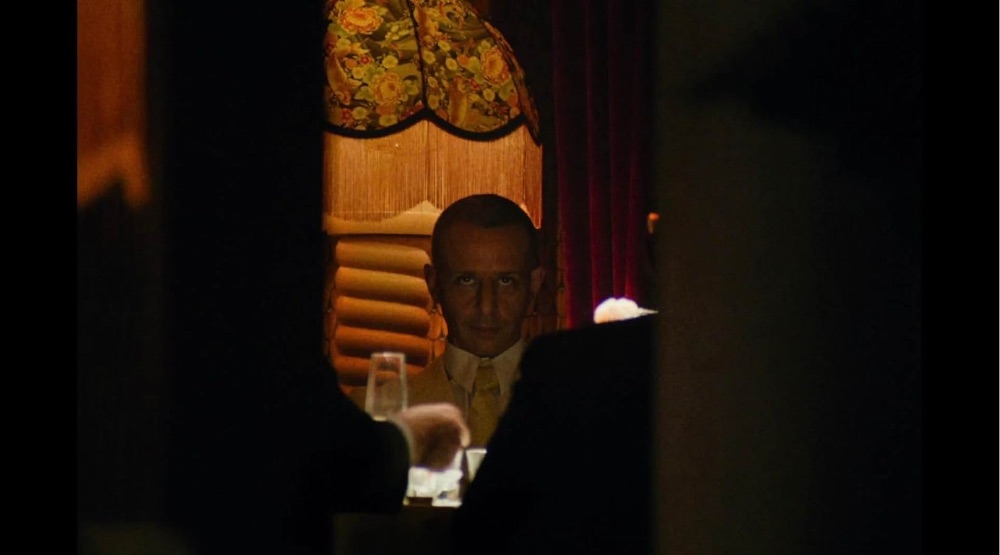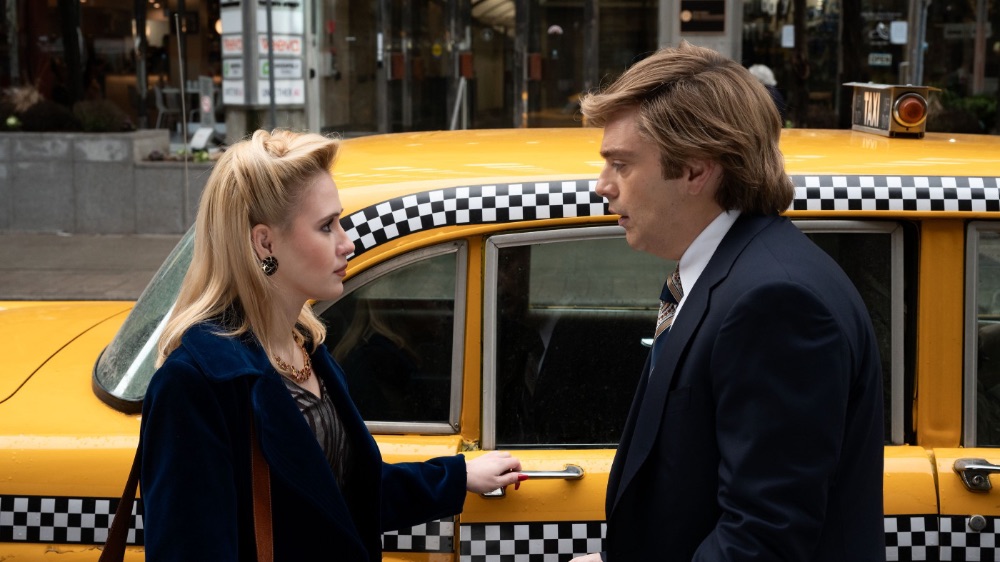It has long been a fundamental philosophy of my film criticism — for the almost 30 years I’ve been at this racket — that there is no such thing as “just a movie.” Movies matter. Storytelling matters, and movies have been one of our primary means of storytelling for the last century.
If that wasn’t true, if movies didn’t matter, then Donald Trump’s reelection campaign wouldn’t have sent a cease-and-desist letter threatening a lawsuit to the producers of The Apprentice after it was well received at last year’s Cannes Film Festival, accusing “Hollywood elites” (a wild mischaracterization of the team behind the film; not everyone who makes movies is “Hollywood”) of attempted “election interference” for the film’s incisively unflattering depiction of Trump as a young man. If movies didn’t matter, then the producers of The Apprentice wouldn’t have struggled to find US distribution among supposedly liberal Hollywood, which was already kowtowing to Trump and his cultish followers, already worried about potential backlash from an ever more right-leaning culture, even before Trump won reelection. If movies didn’t matter, there would have been no worry about a movie like this one wielding any cultural influence.
It is precisely because movies matter that The Apprentice wasn’t allowed to matter. It got only a small release — after finally being picked up for US distribution by tiny indie studio and distributor Briarcliff Entertainment — with little promotion. It was seen by almost no one during its limited theatrical run in October 2024 and, clearly, had no impact whatsoever on the presidential election.

Because if it had been widely seen… *whew*. At its kindest, The Apprentice depicts 1970s Trump as a grown man in his 30s still under the thumb of his emotionally abusive father, NYC slumlord Fred Trump (Martin Donovan: Tenet, Aftermath), for whom he works in the family real-estate business. This is a portrait of a weak man, humorless and friendless, desperate to be liked, desperate to be seen as, well, someone who matters. And not being very successful at that. (I love how Iranian-Danish director Ali Abbasi’s punk opening credits cast Trump as someone wildly out of step with the antiauthoritarian vibe of New York City at that time. No one has ever been less punk than Donald Trump. In one sneakily hilarious scene, he fails to recognize Andy Warhol at a party.) In an alternate universe, one in which Trump doesn’t take the turn we witness here, this early Trump is a man to be pitied, perhaps, though not too much: Sebastian Stan’s (Avengers: Endgame, Destroyer) searing, uncomfortable portrayal of him at this point in his life renders him as a festering pile of squandered privilege. This Trump — and it doesn’t require much imagination to see the actual real-life man here — is a pathetic waste of human flesh.
The smidgen of self-awareness about his uselessness that Stan’s Trump oozes manifests in the worst way, but also in an ironic one: This Trump is able to forge the powerful connections that will help him bully his way into mattering, but at the same time he reveals himself as a man entirely open to being used as much as he is a manipulator himself. The eagerness of Stan’s Trump to distinguish himself makes him easily susceptible to the insidious charms of infamous lawyer Roy Cohn, here portrayed by a terrifying Jeremy Strong (The Gentlemen, Serenity). Cohn imagines that hooking his wagon to that of, as he sees it, a rising young star like Trump will allow him, Cohn, to maintain his own influence. (Trump’s father, a scuzzy landlord being sued by the federal government for his racist renting practices, tries to warn his son away from associating with Cohn — that’s how toxic the notorious legal bulldog was.)

Irony? The Apprentice is dripping with it, not least with the title, an acerbic reference to Trump’s tenure as grandmaster of the reality TV show but also a snide nod to the reality that Cohn, much more so than his awful father, made Donald Trump. Trump apprentices himself to Cohn, a former McCarthy-era federal prosecutor who sets up powerful people to be recorded in compromising positions for the blackmail potential (presaging the rumored tactics of another Trump ally, Jeffrey Epstein). We can see the result of that in Cohn’s “rules,” as delineated here, playing out in the “presidential” Trump offscreen today: “Attack, attack, attack”; “Admit nothing, deny everything”; “No matter what happens, you claim victory and never admit defeat.” Blatant corruption? Cronyism? Trump learned it all from Cohn.
Despite the claims from a Trump lawyer, about The Apprentice, that “this garbage is pure fiction,” there are no newsflashes or shocking surprises in Gabriel Sherman’s sharp script, even if many Americans were — and remain — unaware of the nightmare excuse for a human being Trump is. The facts of Trump’s “supervillain origin story,” as GQ has cleverly called it, are well documented, and here are presented in horrifically riveting fashion. By the time the film moves into the greed-is-good 1980s, Stan’s brilliantly disgusting Trump, overconfident and overleveraged, is oozing his now-familiar arrogance; the actor’s performance is never a caricature, but he’s got the walk, the body language, the sneer down to a repulsive art. Now is when Trump begins to throw the few people who have stood by him under the proverbial bus: his brother Freddy (Charlie Carrick), the only family member who is kind to him; his first wife, Ivana (Maria Bakalova: Borat Subsequent Moviefilm); even Cohn himself. If this was fiction, we’d call it outrageously implausible. As reality, it’s the epitome of the banality of evil.
more films like this:
• The Wolf of Wall Street [Prime US | Prime UK | Apple TV | Paramount+ US | Netflix UK]
• American Psycho [Prime US | Prime UK | Apple TV | Hulu US | Netflix UK]
























